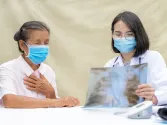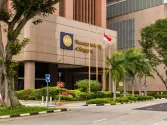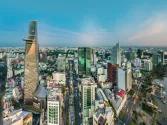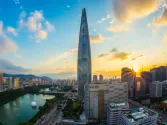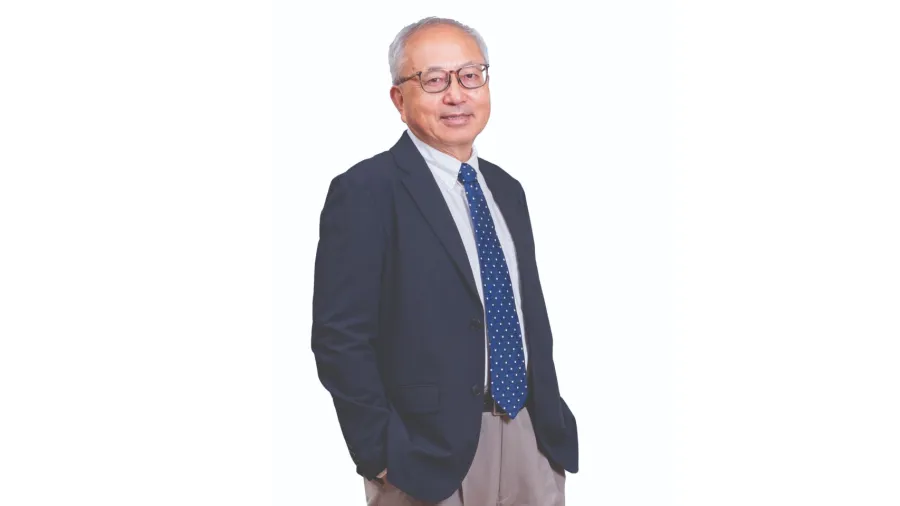
KS Orka tops 200 MW with Sorik Marapi expansion
It marks a milestone in one of Indonesia’s biggest baseload clean power projects.
KS Orka Renewables Pte Ltd. has raised its total geothermal capacity above 200 megawatts (MW) with the commissioning of Unit 5 of the Sorik Marapi Geothermal Power Plant in Mandailing Natal, North Sumatra.
The 33 MW addition marks a key milestone in one of Indonesia’s biggest baseload clean power projects.
“This project reflects our focus on scale, innovation, and long-term contribution to Indonesia’s renewable energy mix,” Yan Tang, chief operating officer at KS Orka Renewables, told Asian Power.
Since acquiring the concession in 2016, KS Orka has expanded Sorik Marapi step by step: 45 MW from Unit 1 in 2019, another 45 MW in 2021, 55 MW in 2022, 27 MW in 2023, and 33 MW this year.
The Singapore-based company is also advancing the Sokoria Geothermal Power Plant in Ende, East Nusa Tenggara. Operating with 8 MW since 2021 using a full organic rankine cycle (ORC) system, Sokoria already supplies about half of Ende’s electricity.
An 11 MW expansion now in preparation will raise output to 19 MW. “Our planned expansion could make Ende one of the first regions in Indonesia powered entirely by renewable energy,” Tang said.
Indonesia is ramping up renewable ambitions, targeting 44% of its power mix from clean sources by 2030, compared with around 12% today. National plans call for 75 gigawatts of renewable projects in the next 15 years.
Tang noted that Sorik Marapi and Sokoria directly support these goals: “We are proud to contribute to both national goals and the shared global effort to build a cleaner energy system.”
A cornerstone of KS Orka’s strategy is ORC technology developed by its parent Kaishan Group. By capturing residual steam and hot brine that would otherwise be wasted, ORC generates additional electricity without drilling new wells.
“This means we can generate more from the same wells, keeping production costs lower and making our electricity prices more competitive,” Tang said. ORC also allows the use of geothermal fields with lower steam pressure once deemed uneconomical. The system has already been deployed at nine sites across Indonesia.
Alongside technology, KS Orka stresses community development and relations. At Sorik Marapi, initiatives include corn and coffee farming, aquaculture, education, healthcare, and environmental projects. In Sokoria, engagement focuses on skill training, transparent communication, and ensuring residents share in the benefits. “Clean energy must serve both the environment and the people living around our projects,” Tang said.
Challenges remain in building public understanding in remote areas. “Communities sometimes face limited energy literacy, which can lead to misunderstandings,” he said. KS Orka addresses this by coordinating with central and local governments to strengthen outreach and trust.
With Indonesia holding about 40% of the world’s geothermal reserves but using only 12%, the potential remains vast.
“Ultimately, the project reflects a vision where clean energy is not just about replacing fossil fuels but about building a better future for the people living near the resource,” Tang said.


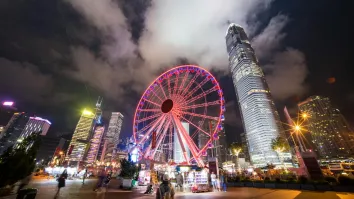

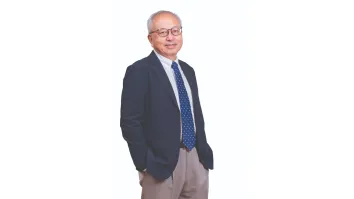
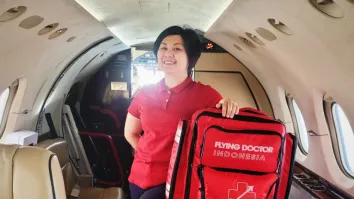






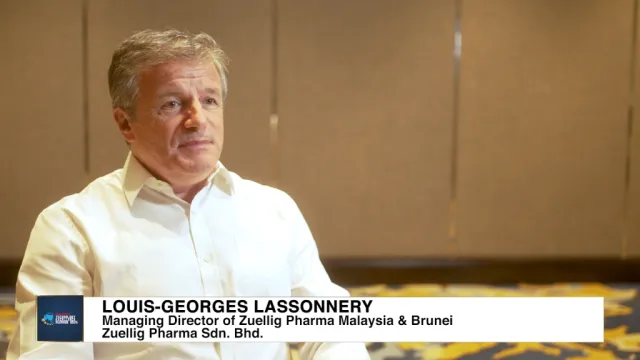



 Advertise
Advertise
